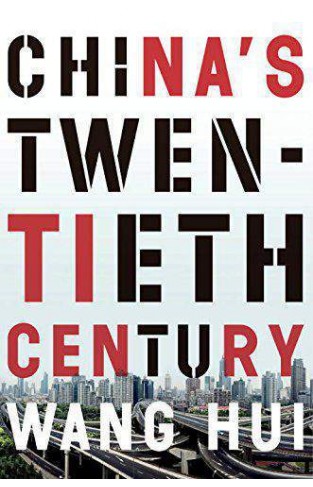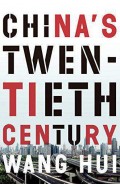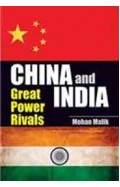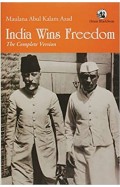- Home
- Categories
- Non Fiction
- Politics & Current Affairs
- Chinas Twentieth Century Revolution, Retreat, and the Road to Equality
Chinas Twentieth Century Revolution, Retreat, and the Road to Equality
By: Wang Hui
-
Rs 2,021.25
- Rs 2,695.00
- 25%
You save Rs 673.75.
Due to constant currency fluctuation, prices are subject to change with or without notice.
| Book | |
| What's in the Box? | 1 x Chinas Twentieth Century Revolution, Retreat, and the Road to Equality |
Chinas Twentieth Century Revolution, Retreat, and the Road to Equality
By: Wang Hui
Rs 2,021.25 Rs 2,695.00 Ex Tax :Rs 2,021.25
Zubin Mehta: A Musical Journey (An Authorized Biography)
By: VOID - Bakhtiar K. Dadabhoy
Rs 472.50 Rs 1,050.00 Ex Tax :Rs 472.50
Sideways on a Scooter: Life and Love in India
By: Miranda Kennedy
Rs 1,235.00 Rs 1,900.00 Ex Tax :Rs 1,235.00
The Mughal Throne The Saga Of Indias Great Emperors
By: Abraham Eraly
Rs 3,595.50 Rs 3,995.00 Ex Tax :Rs 3,595.50
The Great Game On Secret Service In High Asia
By: Peter Hopkirk
Rs 1,296.75 Rs 1,995.00 Ex Tax :Rs 1,296.75
From Third World to First Intl Singapore And The Asian Economic Boom - (PB)
By: Lee Kuan Yew
Rs 2,695.50 Rs 2,995.00 Ex Tax :Rs 2,695.50
The Faithful Scribe: A Story of Islam Pakistan Family and War
By: Shahan Mufti
Rs 1,212.75 Rs 2,695.00 Ex Tax :Rs 1,212.75
No similar books from this author available at the moment.
No recently viewed books available at the moment.
Zubin Mehta: A Musical Journey (An Authorized Biography)
By: VOID - Bakhtiar K. Dadabhoy
Rs 472.50 Rs 1,050.00 Ex Tax :Rs 472.50
Chinas Twentieth Century Revolution, Retreat, and the Road to Equality
By: Wang Hui
Rs 2,021.25 Rs 2,695.00 Ex Tax :Rs 2,021.25














-120x187.jpg?q6)












-120x187.jpg?q6)
